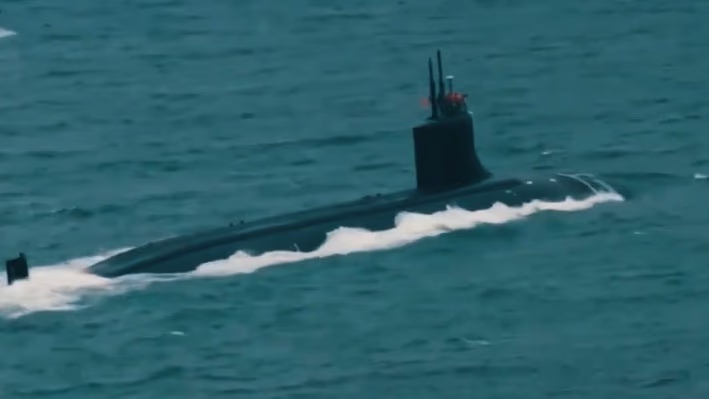Following the supply of fighter jets, helicopters, and defense systems, China is now providing submarines to Pakistan. By next year, Pakistan's navy will receive its first Chinese-designed Hangor-class submarine. Admiral Nadeed Ashraf shared with China's state media, Global Times, that the deal is progressing smoothly and aims to deliver a total of eight submarines to Pakistan by 2028.
Under this $5 billion defense agreement, the first four submarines are being constructed in China, while the remaining four will be assembled in Pakistan. The goal is to enhance Pakistan’s technological capability and indigenous defense production. Reports suggest that three submarines have already been launched from a shipyard located along the Yangtze River in Hubei province, China.
India's 'Exercise Trishul': Is Pakistan Intimidated by Recent Drills?
Admiral Ashraf emphasized, "Chinese defense equipment has proven to be reliable, technologically advanced, and well-suited to the needs of the Pakistani Navy. In the modern warfare era, the significance of AI, drones, and electronic warfare systems is escalating, and the Pakistani Navy is actively cooperating with China to work in these technological domains."
Pakistan Procures 60% of China's Total Arms Exports
According to the Stockholm International Peace Research Institute (SIPRI), between 2020 and 2024, Pakistan purchased over 60% of China’s total arms exports, strengthening the defense partnership between the two nations.
"We Desire Peaceful Relations...", Pakistan's Stance on Afghanistan
Strengthening China-Pakistan Relations
In conjunction with this deal, China is also heavily investing in Pakistan through its Belt and Road Initiative (BRI). The China-Pakistan Economic Corridor (CPEC), stretching nearly 3,000 kilometers from China's Xinjiang to Gwadar Port, offers Beijing an alternative route for Middle Eastern energy supplies.




